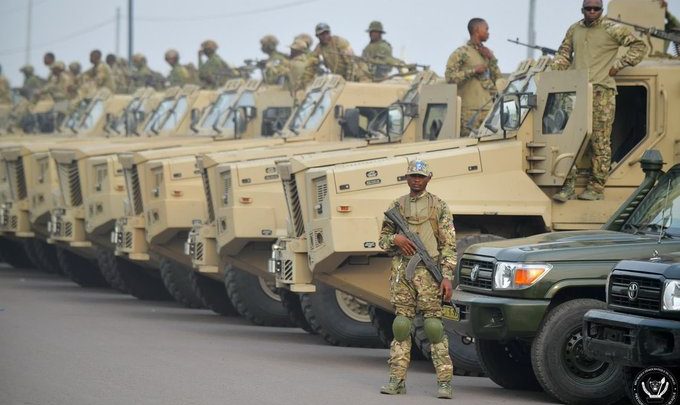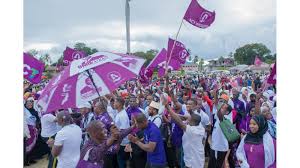The situation in eastern Democratic Republic of Congo (DRC) has sharply escalated as President Félix Tshisekedi orders the deployment of 60,000 troops to reclaim the strategic cities of Goma and Bukavu, which have been under rebel control. The military buildup, involving heavy artillery and joint operations with regional allies like the Burundi National Defense Force, comes at a critical time when peace talks are underway in Washington and Qatar.
This dramatic military move has sparked fierce criticism from the Congo River Alliance, a coalition of rebel groups, including M23. Lawrence Kanyuka, the spokesperson for the alliance, condemned the deployment as “criminally irresponsible,” claiming it could lead to devastating consequences for civilians in densely populated areas and undermine ongoing diplomatic efforts.
“This military escalation is a blatant disregard for the peace talks, and the deployment of heavy artillery against civilian areas could amount to a crime against humanity,” Kanyuka said.
While Kinshasa has not officially confirmed the full scale of the deployment, military sources indicate it could be the largest military preparation in the region since the 2013 defeat of M23 by a joint UN-Congolese force. The government’s goal is to retake control of North and South Kivu, where M23 and its allies have gained substantial ground since their resurgence in late 2021.
Government officials argue that the military action is a necessary response to the rebel occupation and a step toward stabilizing the region. However, the AFC/M23 rebels warn that this military escalation could derail the fragile peace process.
“The government’s failure to honor agreements is making negotiations impossible. We will defend ourselves and our people,” Kanyuka added, reaffirming the rebel group’s commitment to dialogue, but also their readiness to protect civilians and resist military aggression.
The conflict has focused on the city of Goma, a crucial commercial hub near the Rwandan border. Bukavu in South Kivu is also part of the target, with state media framing the campaign as a national liberation effort. This military buildup follows a February 2025 peace accord between the DRC and Rwanda, which was meant to neutralize armed groups, including M23. However, the implementation of this agreement has faltered, mainly due to mutual distrust and ongoing allegations between the two nations.
As of now, the UN reports that over 7 million people are displaced within the DRC, with North and South Kivu being the most affected provinces. AFC/M23 Permanent Secretary Ben Mbonimpa raised doubts about Kinshasa’s intentions, questioning whether the deployment of troops and military equipment could ever create the conditions necessary for peace talks.
“The reinforcement of troops suggests Kinshasa’s desire for war. We will defend ourselves no matter what happens,” Mbonimpa said, signaling a hardened stance within the rebel alliance.
With tensions escalating, it remains uncertain how peace efforts can proceed, as military actions continue to disrupt the fragile diplomatic process.



